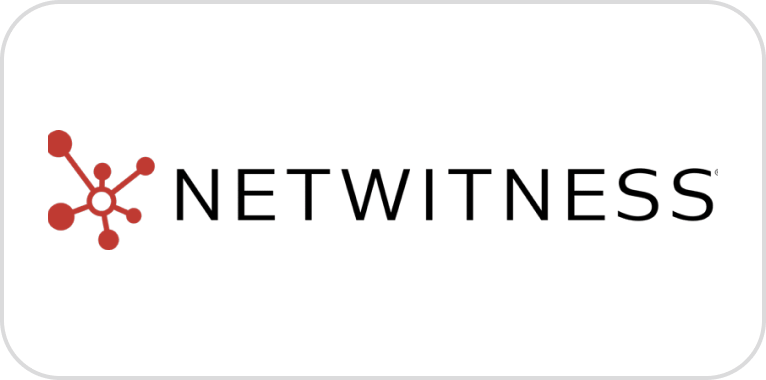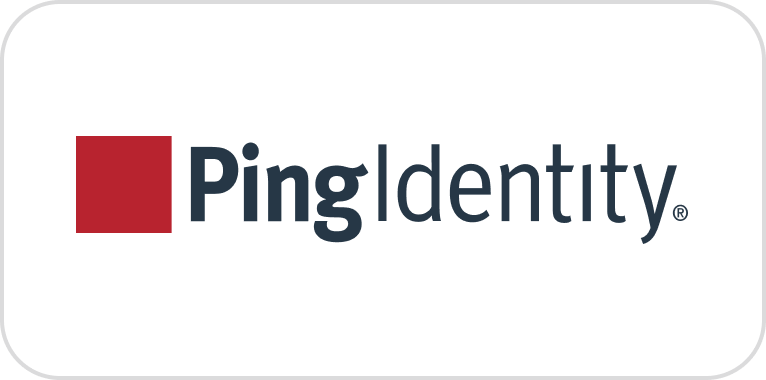Topic Highlights
- Public-Private Collaboration in Cyber Defense
- Balancing Automation and Human Oversight
- Fortifying the Federal Civilian Executive Branch
- State-Sponsored Cyber Warfare
- U.S. Cyber Diplomacy and Its Role in Shaping Global Cybersecurity

The 2024 ISMG Virtual Government Cybersecurity Summit hosted by GovInfoSecurity will address essential themes pivotal to the future of cybersecurity across both the public and private sectors. A key focus will be the importance of partnerships between government and industry to build cyber resilience through trust-building, information sharing, and enhanced incident response. Additionally, the summit will delve into Russia’s Hybrid Cyber Warfare, analyzing how Russian state-sanctioned groups like Cozy Bear and Lockbit have targeted U.S. government and private institutions, aiming to undermine democratic processes and erode public trust. The event will also explore Regulatory Changes, offering insights into potential shifts in cybersecurity regulations and the impact of new political leadership on policy. Attendees will learn Preparation Strategies to adapt to these changes, ensuring compliance. Furthermore, the summit will cover the challenges of Mitigating IoT, 5G, and AI Risks, providing strategies to secure these technologies.
Deepening the insights, an exclusive panel of former U.S. Federal CISOs will share their leadership experiences, detailing how the Federal CISO role has evolved to tackle complex cybersecurity challenges. This will be complemented by a keynote fireside chat with Robert Costello, CIO of CISA, who will explore the intersection of Artificial Intelligence and Cybersecurity. Costello will outline CISA’s AI roadmap and discuss how AI is being leveraged to bolster national security.
ISMG Summits bring the foremost thought leaders and educators in the security space to the stage, interactive workshops and networking events. Learn from the “who’s who” in Cybersecurity passionate about the latest tools and technology to defend against threats
ISMG Summits bring the foremost thought leaders and educators in the security space to the stage, at interactive workshops and networking events. Learn from the who’s who in the cybersecurity industry, passionate about the latest tools and technology to defend against threats.
In this exclusive session, three former US CISOs will share an unvarnished view into the challenges, innovations and lessons learned during their tenure implementing information security across the Federal Government.
The conversation will focus on how the Federal CISO position has expanded to meet new challenges, shaped federal cybersecurity strategies, and responded to an ever-changing threat environment. Panelists will discuss the key responsibilities of the role, the significant obstacles they faced, and the lessons they learned while leading the nation’s cybersecurity efforts.
Key Discussion Points:
Chris DeRusha, fmr. Federal Chief Information Security Officer and Deputy National Cyber Director, Executive Office of the President, The White House
Gregory Touhill, First US Federal CISO, Executive Office of the President, The White House
Grant Schneider, fmr. Federal CISO, The Executive Office of the President
John Banghart, moderator, Senior Director for Cybersecurity Services, Venable LLP
We will explore effective models of collaboration, discuss how trust is built and maintained, and examine the crucial role of information sharing. By learning from leaders who have successfully bridged the gap between government and industry, attendees will gain valuable insights into creating a more secure digital future.
We will also address the unique challenges and opportunities for small and medium-sized enterprises in these partnerships, highlighting strategies for their involvement. Additionally, the session will cover how collaborative efforts can improve incident response and recovery, and the ways in which emerging technologies are being leveraged to enhance these efforts. Key examples will include initiatives by the Department of Homeland Security (DHS) and the Cybersecurity and Infrastructure Security Agency (CISA), which provide frameworks and support for public-private cooperation.
Key Takeaways:
Atiya Yearwood, Deputy Chief, Cybersecurity Collaboration Center, NSA
Stan Lowe, CISO, U.S. Department of the Interior
Costello will share insight from CISA’s strategic action plan, which focuses on responsible AI use, securing AI systems and mitigating AI-related threats to critical infrastructure. Additionally, the discussion will highlight the evolving cyber risks and how AI can be leveraged to enhance national security. Attendees will also learn how their organizations can utilize AI to enhance their cybersecurity posture, with insights into CISA’s available resources and collaborative opportunities. This is a unique opportunity for information security practitioners in government to gain valuable insights from one of the leading voices in the field.
Key takeaways:
Robert Costello, CIO, CISA
Theresa Lanowitz, Head of Cybersecurity Evangelism, AT&T Business
She’ll discuss VA’s approach to tackling modern cybersecurity threats, including ransomware, and the impact of incidents like the Change Healthcare breach on shaping stronger defenses. Additionally, she will highlight key accomplishments, including VA’s Zero Trust strategy and the use of Agile methodologies to safeguard sensitive information.
Attendees will also hear how VA is re-imagining tabletop exercises to prepare for emerging threats and how this shift enhances overall readiness. Ms. Sherrill will explore the proactive measures being implemented to stay ahead of new risks, ensuring VA’s resilience and security across the Department’s operations.
Lynette Sherrill, Deputy Assistant Secretary of Information Security & Chief Information Security Officer, U.S. Department of Veterans Affairs
Natarajan will provide a comprehensive overview of CISA’s Secure Our World campaign and will delve into the importance of integrating security into the fabric of our IT systems and software. The session will also highlight opportunities for improved collaboration between government and industry. Attendees will come away with actionable strategies to strengthen their cybersecurity defenses and effectively navigate the ever-evolving threat landscape.
Nitin Natarajan, Deputy Director, CISA
Experts will discuss the potential shifts in cyber governance, considering the influence of political leadership, the role of federal and state regulations, and the impact of international policies. Attendees will gain insights into the key regulatory challenges and opportunities that lie ahead, learning how to anticipate and adapt to these changes to maintain compliance and enhance their security posture. This discussion will equip organizations with the knowledge to engage effectively with policymakers and ensure regulatory stability in a dynamic political environment.
Key Takeaways:
Timothy Amerson, Deputy CISO (CISO/Deputy Associate Commissioner DAC), Social Security Administration
Key Takeaways:
E.P. Mathew, Deputy CIO, Defense Intelligence Agency
Nick Polk, invited, Branch Director, Federal Cybersecurity Office of Management and Budget
Engage with thought leaders who are at the forefront of technology and security innovation as they analyze the new vulnerabilities introduced by these advancements and explore strategies for mitigating associated risks.
Attendees will gain insights into how IoT devices are increasing cyber risk and the steps necessary to secure these networks, highlighted by incidents like the 2020 SolarWinds cyberattack. The session will also cover the impact of 5G deployment on cybersecurity, drawing on CISA’s initiatives to secure 5G networks. Additionally, we will discuss the implications of quantum computing on current encryption standards and the urgent need for regulatory frameworks, as emphasized by the Biden administration’s Executive Order on Improving the Nation’s Cybersecurity. We will also examine the dual role of AI in both enhancing cybersecurity defenses and being exploited by adversaries. This discussion aims to equip organizations with the knowledge to integrate these technologies securely into their operations and collaborate effectively with regulators to enhance cyber risk management.
Key Takeaways:
Michael D’Ambrosio, Managing Director, Liberty Strategic Capital fmr. Senior Executive, United States Secret Service
Heather West, Senior Director, Cybersecurity and Privacy Services, Venable LLP
RSVP here to attend our events. You can select for multiple or individual tickets.
NOTE: All requests to attend will be reviewed by event staff and approved based on professional qualifications and event capacity.
Washington DC
NOTE: All requests to attend will be reviewed by event staff and approved based on professional qualifications and event capacity.







Our Summits offer Continuing Education Credits. Learn informative and engaging content created specifically for security professionals.
Upcoming ISMG Events